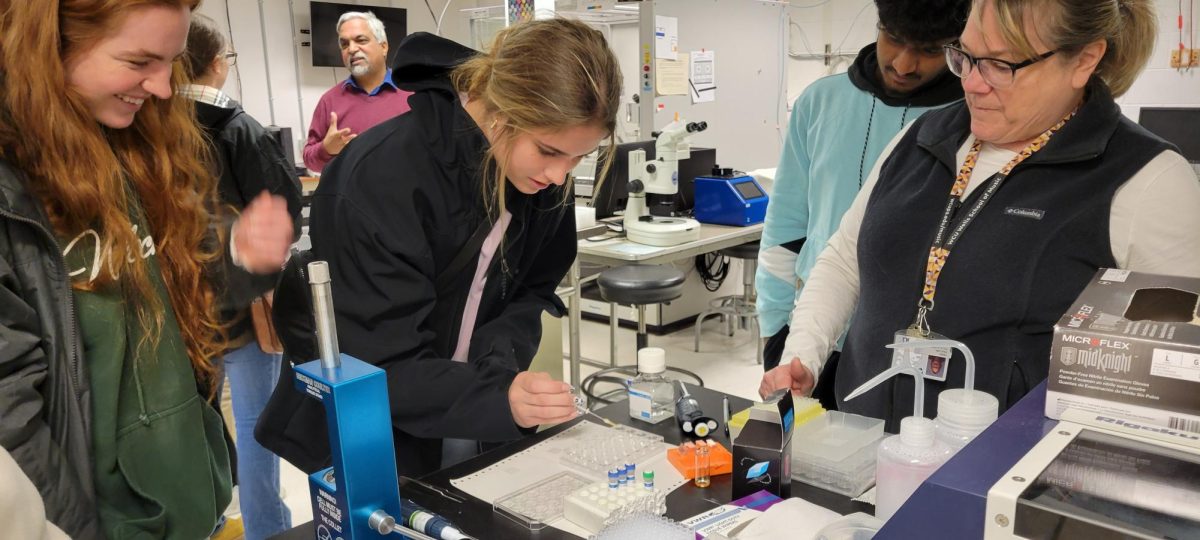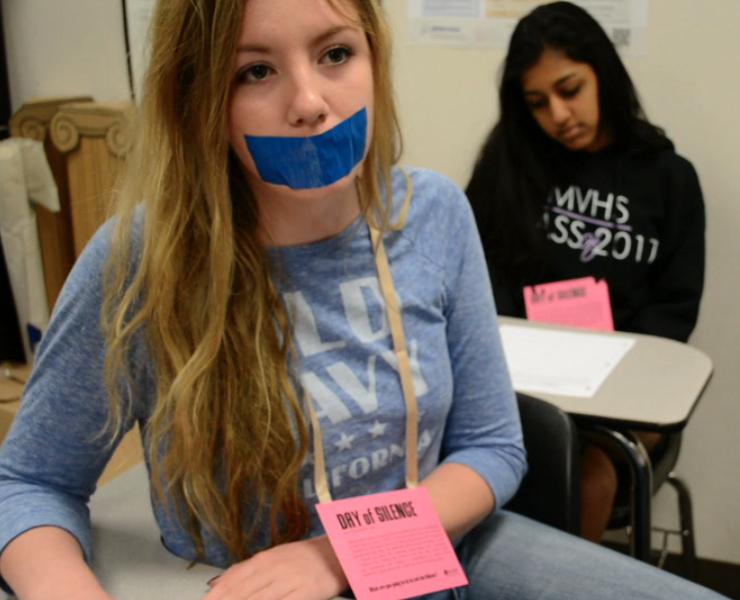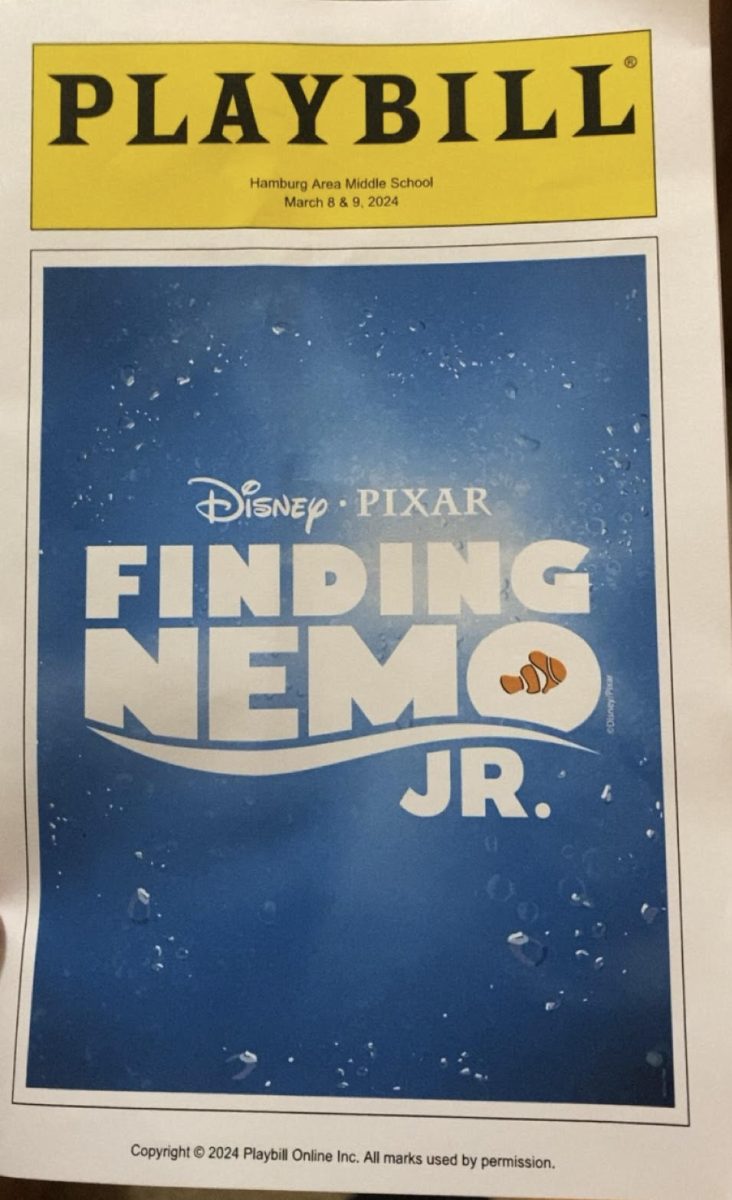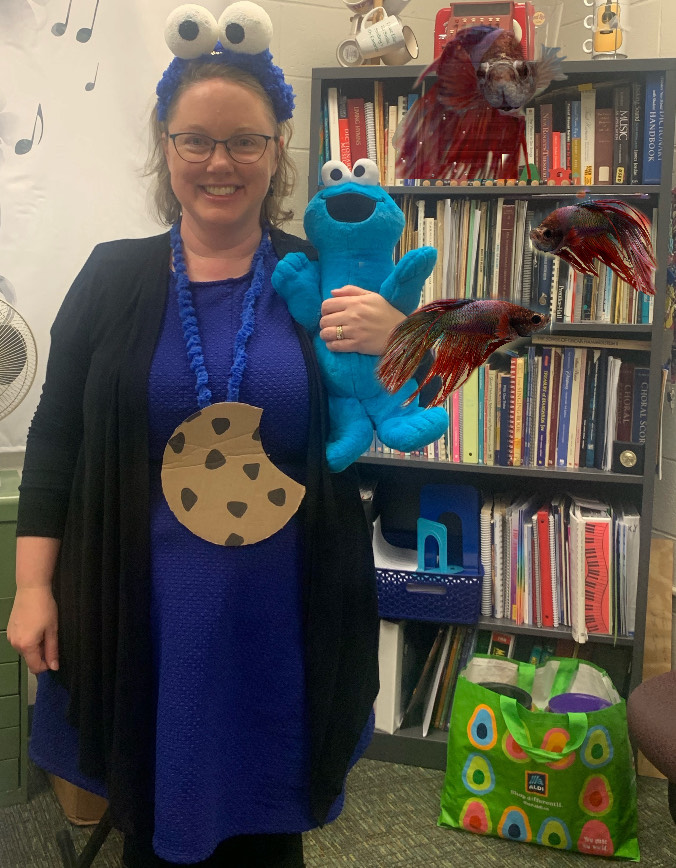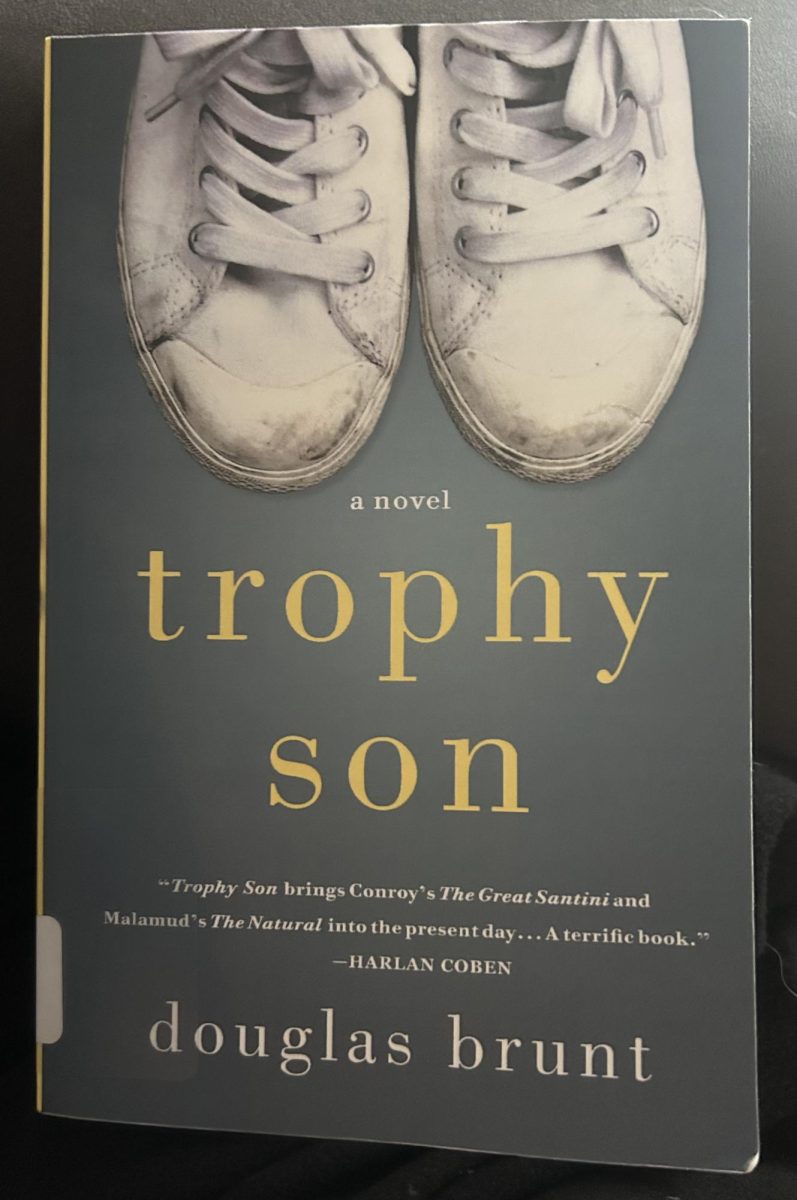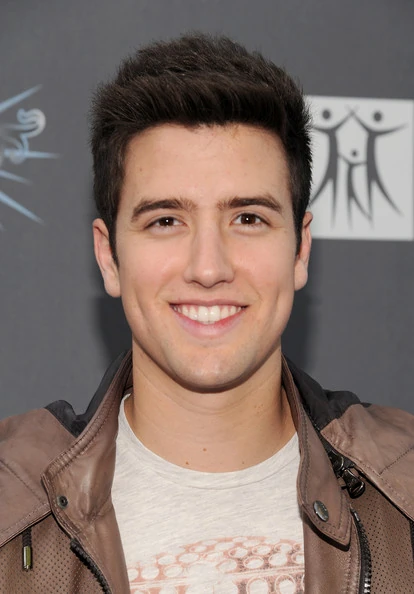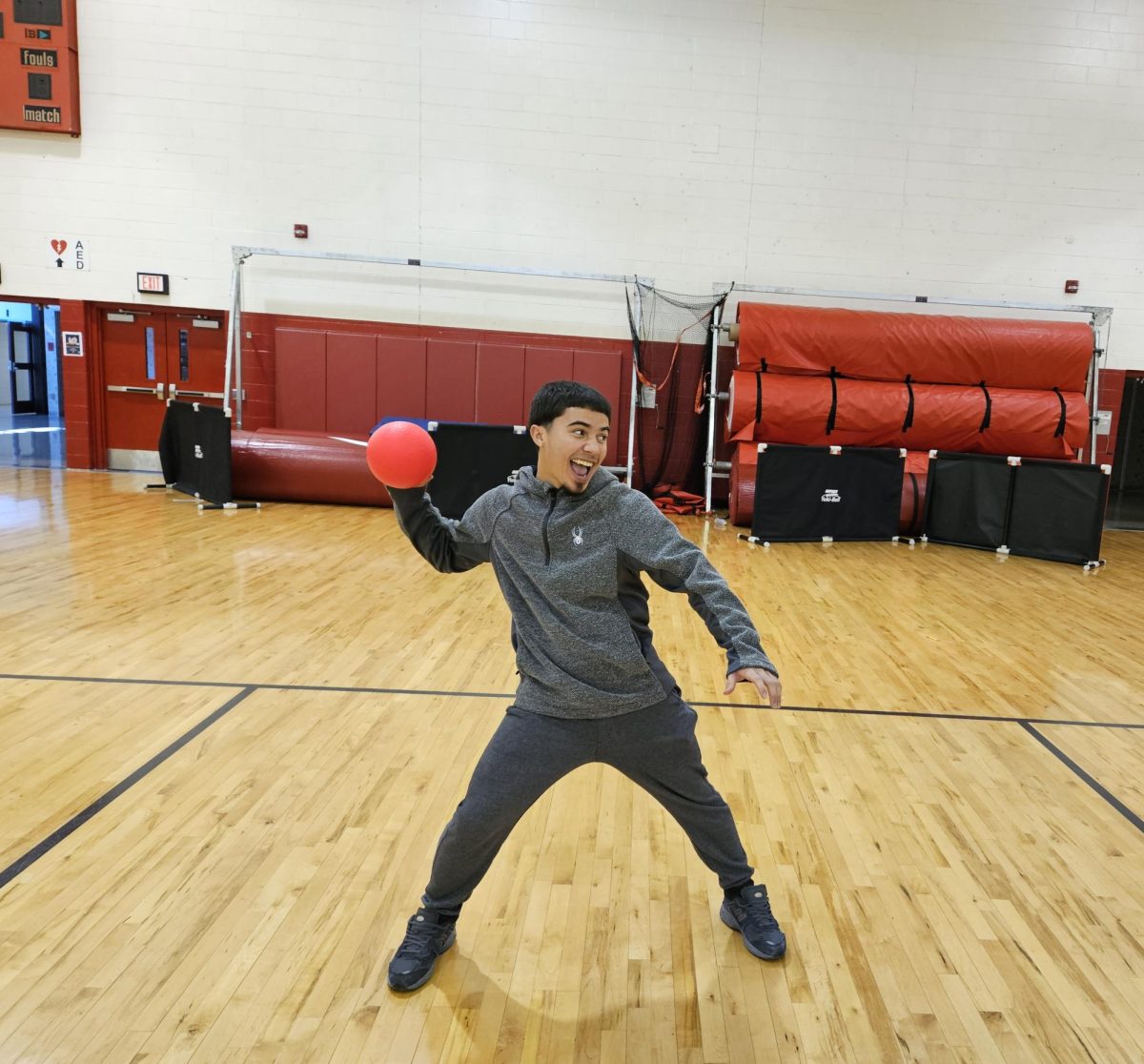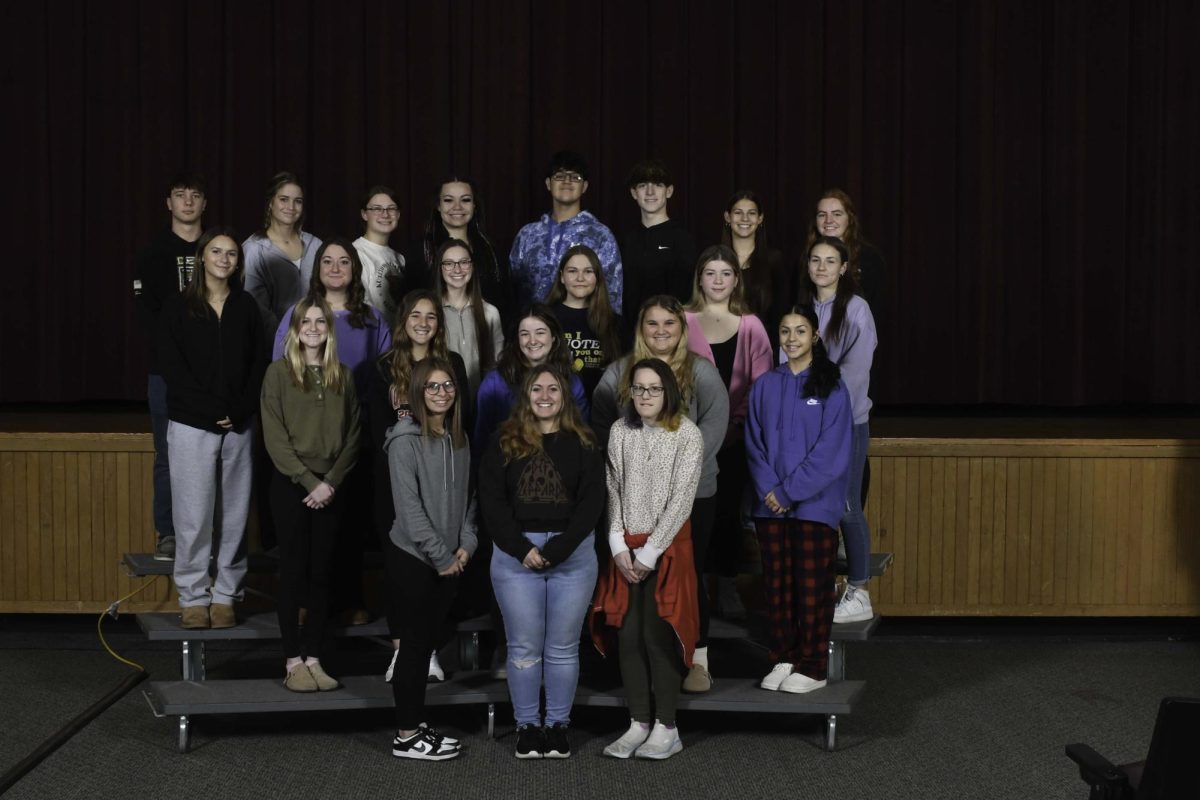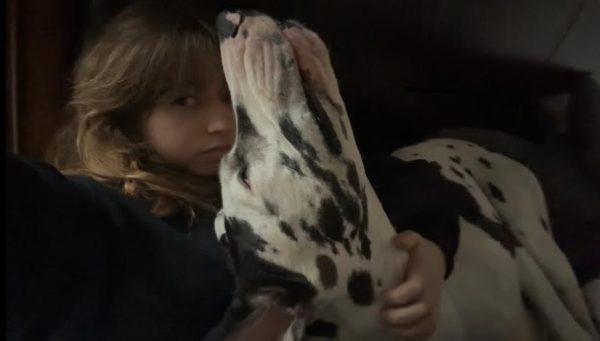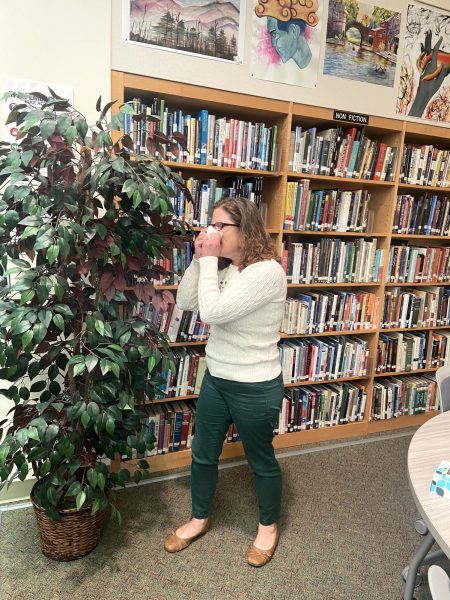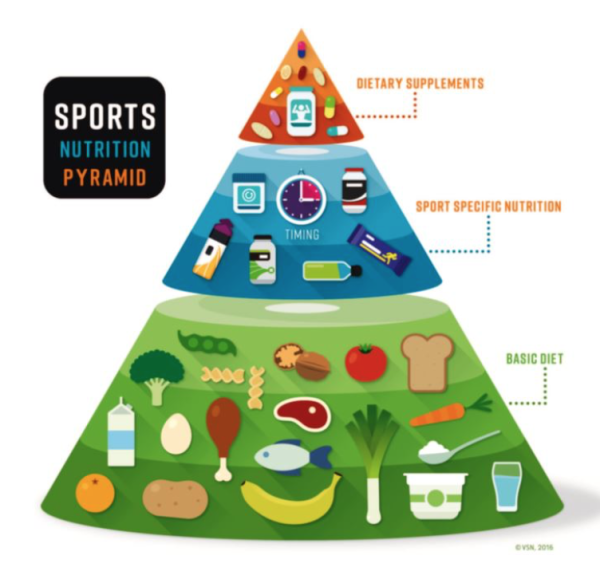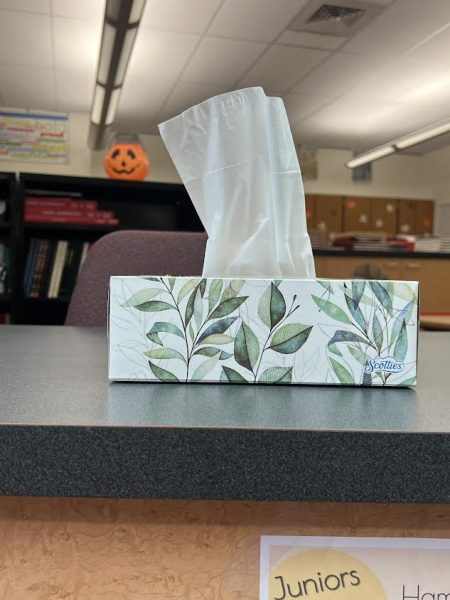Asperger’s syndrome is a less severe autism spectrum disorder
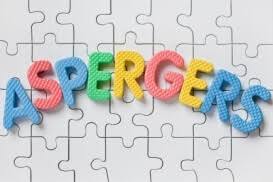
November 8, 2018
People affected by Asperger’s syndrome are just as smart as other people, but struggle with social skills and tend to fixate on a specific topic often. They also perform the same behaviors again and again.
Ms. Brantlecht, a Special Ed teacher at Hamburg Area High School, has had two students with Asperger’s syndrome. “The hardest thing was trying to understand how they take everything literally. So, sometimes when I’m trying to express something, I will use like idioms or figures of speech and not realize that they’re not going to understand necessarily what I’m trying to say.”
In a new standard book for mental health,The Diagnostic and Statistical Manual of Mental Disorders (DSM-5), Asperger’s syndrome is recognized as not a separate disorder as popularly believed. Today, it is categorized in a broader category called autism spectrum disorder (ASD). This group of illnesses share symptoms, such as lack of social skills, but they still call the illness Asperger’s. “Asperger’s is more high functioning, so mainly focus on their social skills, while those with autism may struggle in the classroom.”
Symptoms include lack of eye contact, social awkwardness, not knowing how to respond to when someone talks to them, missing social cues such as being unable to read body language or facial expressions, and showing few emotions. People with Asperger’s syndrome also, may talk about themselves often, focus intensely on one subject and repeat it, repeat movements, and not like change such as moving to different classes everyday.
Each person with Asperger’s also excel at something different than the other, such as math or writing. Brantlecht’s two students had the same syndrome, but they had different special talents that Brantlecht used to teach them to better their social skills. “One of them was more artistic and the other was more verbal, he was great at writing, so we had him express himself through writing stories and poems. The other, they had him focus on his art to have him draw social interactions. We had them both showcase the areas where they excelled to better them in class.”
I like to think of as all students with autism as special, in a good way.
— Mrs. Brantlecht
If someone believes their child has Asperger’s syndrome, taking them to the pediatrician is the first step to helping their child. Treatments of the disorder include many different things depending on the child: social skills training, speech-language therapy, medicine, and cognitive-behavioral therapy. There are also parent education and training classes for parents with children who have Asperger’s syndrome so they may help teach him social skills at home as well.
Brantlecht herself has used a way of teach those with Asperger’s by using social stories. Social stories is “a story that identifies a specific skill set and use that story to try to teach them how to react to it.”
With the right help and treatments, people with Asperger’s syndrome can improve their social skills enough to do well in school and participate in daily activities with little to no problems.
Brantlecht herself has a grandson that is autistic. She reveals that “living with him and understanding how he sees the world is so unique. It really helps you to appreciate all of the things that are out there. Someone might think, at first, that it is a negative thing, but it’s not. It’s what makes him him. I honestly wouldn’t change it for the world. He is going to have his struggles, but he is also going to have his strengths. He is very creative and it makes him special. I like to thing of as all students with autism as special, in a good way.”
For more information, visit: https://www.webmd.com/brain/autism/mental-health-aspergers-syndrome#1 to learn more about Asperger’s syndrome.

